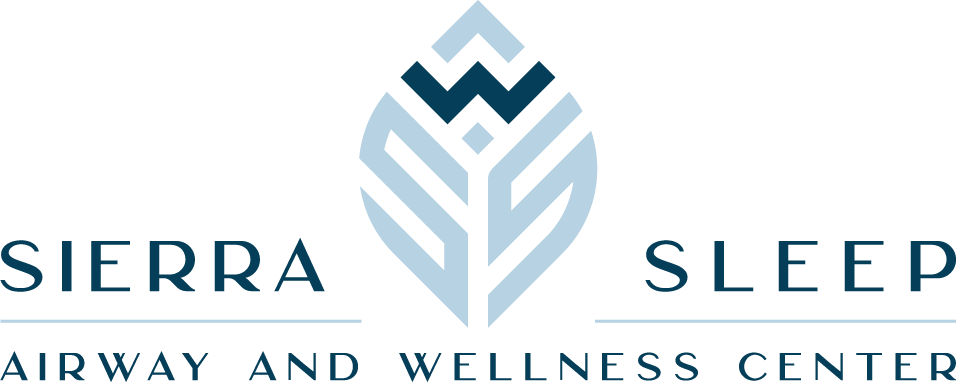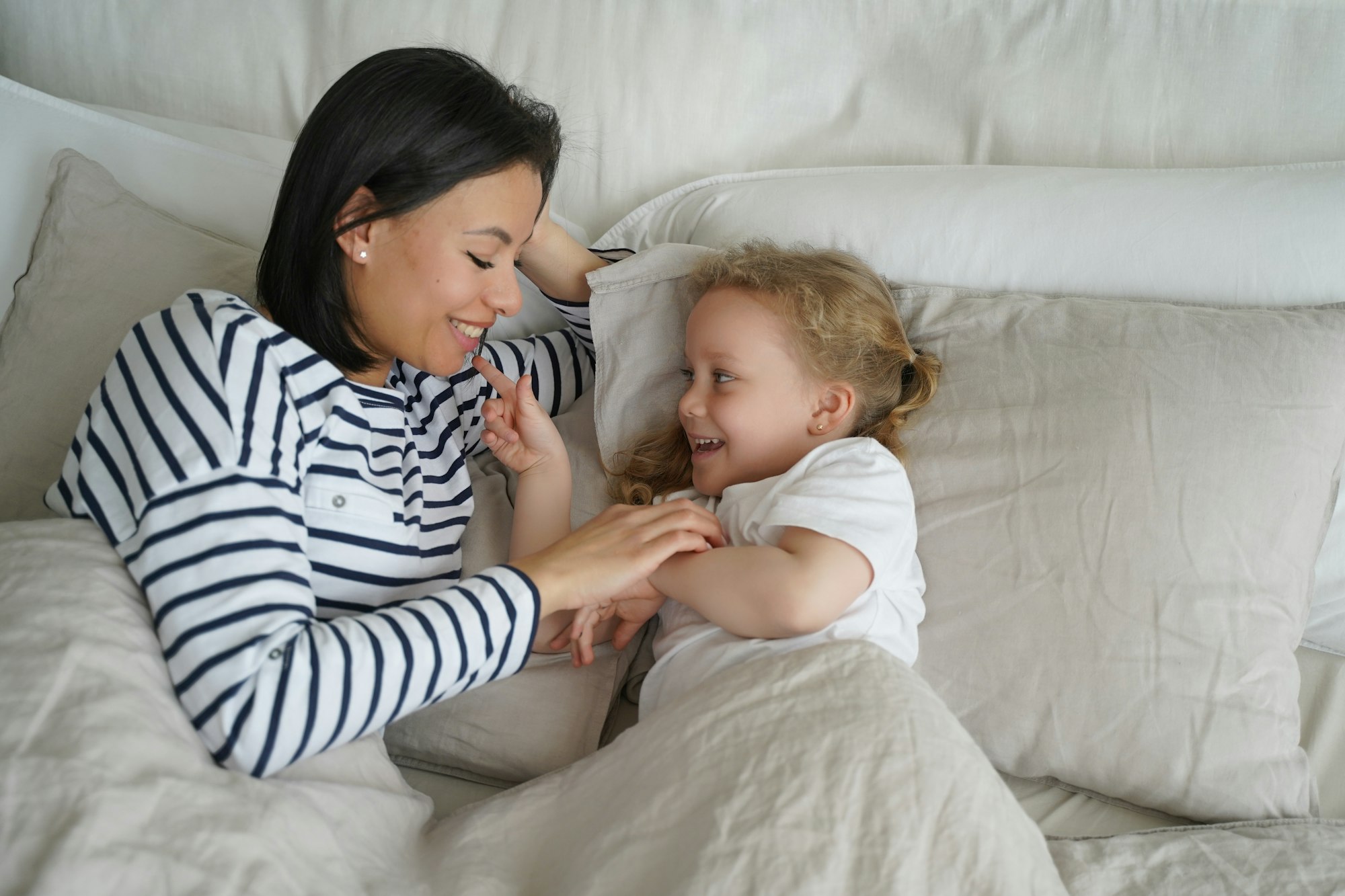Sleep apnea is often associated with adults, but it’s important to recognize that children can suffer from this condition as well. Sleep apnea in children can significantly impact their health, development, and quality of life. Early detection and treatment are crucial to ensure your child leads a healthy and well-rested life. Here are some key signs and symptoms to look out for:
Snoring
One of the most common indicators of sleep apnea in children is frequent, loud snoring. While occasional snoring can be normal, consistent snoring that happens most nights is a red flag. If your child snores heavily and regularly, it might be time to consult a sleep specialist.
Mouth Breathing
Children with sleep apnea often breathe through their mouths instead of their noses, both during the day and while sleeping. This can be due to an obstruction in their airway, which prevents them from getting enough air through their nose.
Pauses in Breathing
If you notice your child has pauses in breathing or gasps for air during sleep, this is a strong indicator of sleep apnea. These interruptions can last for a few seconds and may occur multiple times throughout the night.
Daytime Sleepiness
Children with sleep apnea may not get the restful sleep they need, leading to excessive daytime sleepiness. If your child seems unusually tired, struggles to stay awake during the day, or falls asleep at inappropriate times, it could be a sign of sleep apnea.
Behavioral Issues
Sleep apnea can affect a child’s behavior. If your child is experiencing frequent tantrums, mood swings, hyperactivity, or difficulty concentrating, it might be due to poor quality sleep. In some cases, children are misdiagnosed with ADHD when the underlying issue is actually sleep apnea.
Bedwetting
Persistent bedwetting, especially in a child who previously had control over their bladder, can be linked to sleep apnea. The condition can disrupt normal sleep patterns and lead to nighttime accidents.
Night Terrors and Restless Sleep
Children with sleep apnea may experience night terrors, nightmares, or restless sleep. They might toss and turn frequently, sweat excessively, or seem anxious while sleeping.
The Importance of Early Detection
Recognizing these signs early and seeking professional help is vital. Left untreated, sleep apnea can lead to a range of health issues, including cardiovascular problems, growth delays, and cognitive impairments. It can also affect your child’s academic performance and social interactions.
At Sierra Sleep, Airway and Wellness Center, we understand the impact that sleep apnea can have on your child’s life. Our comprehensive sleep and airway evaluation will help identify the root cause of your child’s sleep issues. With our customized care plan, your child can experience significant improvements in their sleep quality and overall well-being.
What to Do Next
If you suspect that your child might have sleep apnea, don’t wait to take action. The first step is to schedule a consultation with our experienced team. We will perform a thorough evaluation and develop a personalized treatment plan tailored to your child’s needs.
Contact us today to schedule your appointment and help your child achieve the restful sleep they deserve. A good night’s sleep is the foundation of a healthy and happy life.

